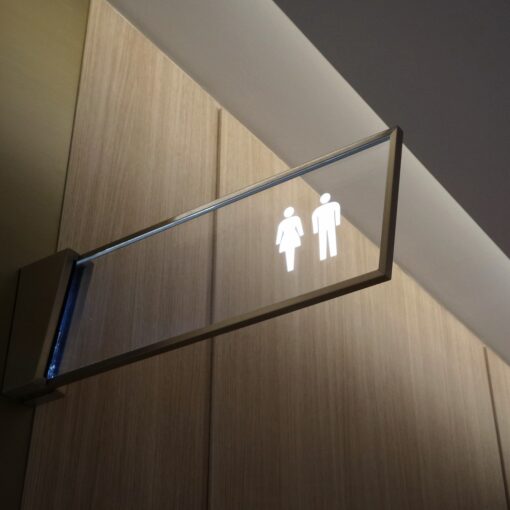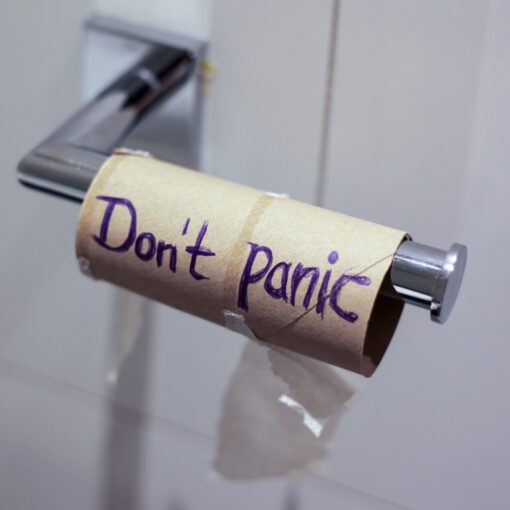 Almost everyone knows what it is like to have an accident. And for women, this might mean that they have trouble controlling urination. Urinary incontinence in women can range from somewhat mild to completely debilitating, so it is important to be aware of all the factors that can contribute to this condition.
Almost everyone knows what it is like to have an accident. And for women, this might mean that they have trouble controlling urination. Urinary incontinence in women can range from somewhat mild to completely debilitating, so it is important to be aware of all the factors that can contribute to this condition.
It is hard to have a full life when your bladder leaks, but there are many ways in which you can manage this condition. You do not need to suffer in silence or shame anymore with these tips for urinary incontinence in women.
The most common cause of urinary incontinence is childbirth. If you have had a baby in the past three years and have been experiencing urinary incontinence, then you should talk to your doctor about your concerns.
Chronic urinary incontinence is a condition that affects approximately 13 million American women. A person is considered to have chronic urinary incontinence when they experience one or more episodes of urinary leakage per month, and the diagnoses cannot be attributed to any other medical conditions. Although most people who suffer from chronic urinary incontinence are elderly, it can also affect women of every age and may stem from chronic conditions such as diabetes and multiple sclerosis.
Please Note: This post may contain affiliate links. If you click one of them, we may receive a commission at no extra cost to you. As an Amazon Associate, I earn from qualifying purchases.
The Link Between Bladder Infections And Urinary Incontinence
There are many reasons why bladder infections are linked to urinary incontinence. As women age, the pelvic floor muscles weaken, which can lead to bladder control issues. An infection in the female reproductive system can cause these muscles to become inflamed and in turn make it difficult for the bladder to hold in urine. UTIs are also linked to an overactive bladder.

The bladder is a muscular organ responsible for storing urine between voiding. When the bladder is damaged, the bladder muscle does not work properly, and this can lead to urinary incontinence. One of the most common causes of damage to the bladder is a bladder infection.
Bladder infections are among one of the most common health problems in adults.
Bladder infections happen when bacteria get into the bladder and causes irritation. The result of this is a painful burning sensation, or feelings of pressure or fullness in the bladder. These symptoms are most common during pregnancy due to the increased frequency of occurrence of UTIs. This can lead to complications such as urinary incontinence, which is caused by weakened pelvic floor muscles that no longer support the urethra.
What You Can Do About Frequent Urination At Night
We all know the feeling of waking up in the middle of the night and having to go to the bathroom. Unfortunately, for some people, this need to urinate is more frequent than they would like. This may be due to a bladder problem such as overactive bladder or an infection, kidney stones, or kidney disease.
As you age, your body produces more fluids than it used to. It is very common for older people to urinate more often. For the most part, this is normal and nothing to worry about. A current study found that 15% of adults aged 40 or older had an increased frequency of urination at night.
If you find yourself getting up to urinate more than once a night, then you might be suffering from what is called nocturia. This condition can occur for many reasons but, in most cases, it is the result of an enlarged prostate. The good news is that there are some things you can do to help. If you are drinking too much fluid before bedtime or drinking alcohol before bedtime, this could be the cause of your nocturia.

Kevin Collier is a seasoned health writer at Otchut.com, specializing in over-the-counter medicines, common medical ailments, and general health topics. With a background in healthcare and a passion for making medical information accessible, Kevin aims to empower readers with knowledge to make informed health decisions. When he's not writing, he enjoys researching the latest in health trends and advocating for wellness in his community.





